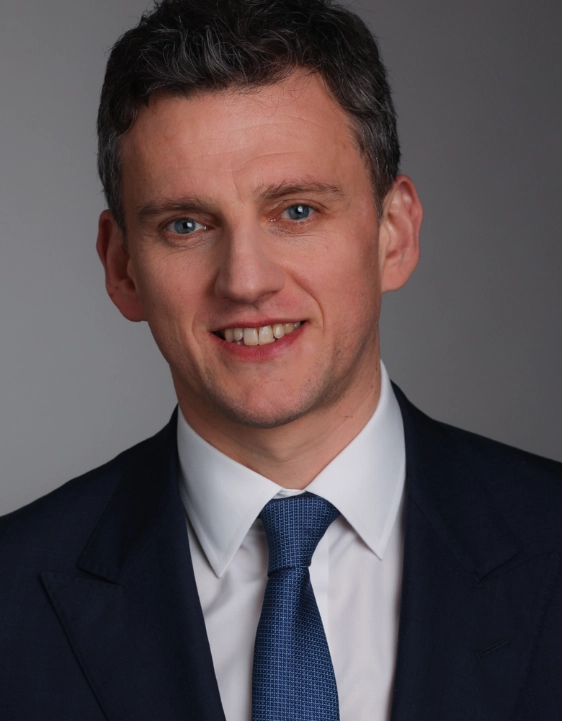Stay in the know
We’ll send you the latest insights and briefings tailored to your needs
The buy-out market was rather subdued throughout 2023, with global private equity (PE) deal volume down by 22% year-on-year, according to Mergermarket.
This is due, most notably, to uncertainty in the pricing of debt, given steep global monetary tightening since the Covid pandemic. It also reflects more general economic concerns, such as the resurgence of inflation or possible recession (both of which appear to have subsided).
These factors have resulted in a continuing and fundamental mismatch in sell-side and buy-side expectations amongst both PE firms and strategic acquirers. PE firms have however remained busy on fundraising and portfolio management, including bolt-on acquisitions and restructuring assets. They have also amended and extended debt, indicating that financing is still available for strong credits.
As the rates environment stabilises (and absent any new major disruptive macro events), many PE firms enter 2024 in good shape to take advantage of an expected increase in activity, with strong support from lenders. This is supported by indications we have had that many PE firms expect a busy first half of 2024.
Ambarish Dash
London


Cyril Boulignat
Paris
John Chetwood
London


Stephen Newby
London
Michael Jacobs
London

The contents of this publication are for reference purposes only and may not be current as at the date of accessing this publication. They do not constitute legal advice and should not be relied upon as such. Specific legal advice about your specific circumstances should always be sought separately before taking any action based on this publication.
© Herbert Smith Freehills 2025
We’ll send you the latest insights and briefings tailored to your needs